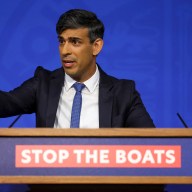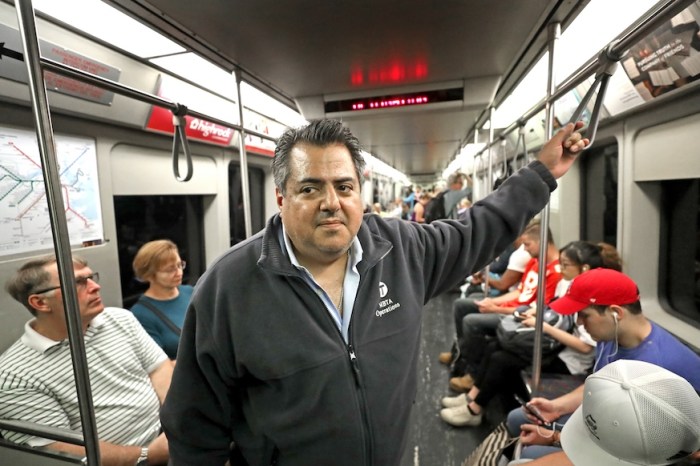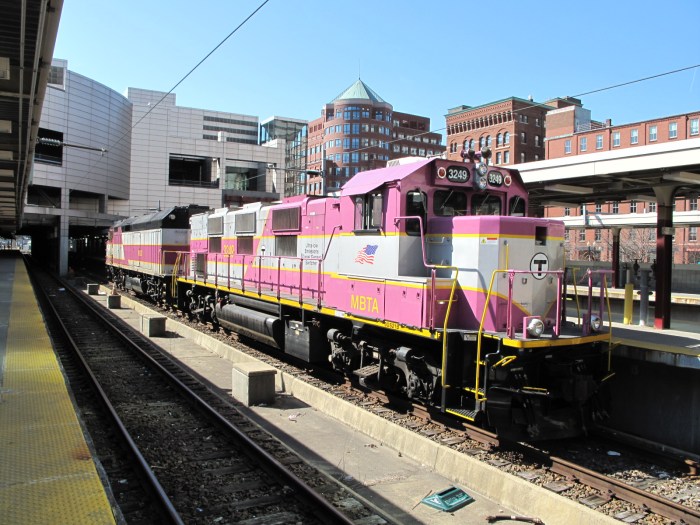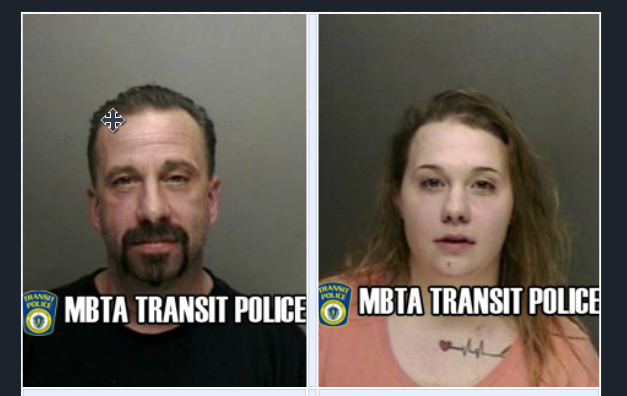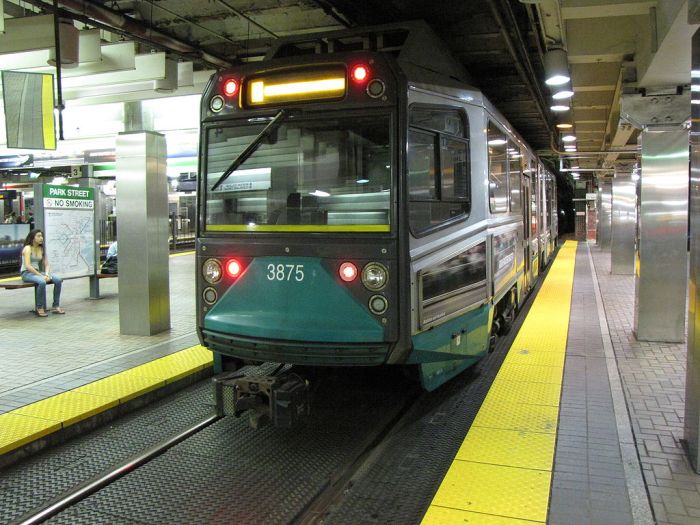The T moved one step closer to adopting a fare hike for its services on Monday, narrowing down its options for setting ticket prices to two.
The two choices now before the board are as follows: raise fares by about 5 percent and increase the cost to monthly pass holders by 10 percent (an overall average increase of 6.71 percent system-wide) or raise fares by 10 percent and increase the cost to monthly pass holders by nearly 13 percent (an overall increase of 9.77 percent). Board members are expected to pick one in March after hearing from the public at a series of meetings January – February. Fare increases would take effect on July 1.
Related: Highest-paid T employee made $315,000 this year, 2,500 sign fare hike petition The Gov. Charlie Baker-appointed panel Monday voted unanimously to present those two options to the public after seeing four possible fare hike packages. The other two would have kept in place a more significant discount for monthly pass holders. In a meeting with reporters, Transportation Secretary Stephanie Pollack insisted fare increases were just one part of a more broad effort to slash the T’s budget, close a $242 million structural deficit and end the T’s cycle of asking the legislature for money every year to close gaps in its operating budget Of all the ideas to close the budget gap, 60 percent involve cutting costs, according to a T presentation. The T estimates fare increases could boost revenue by between $10 million and $26 million.
Under the dual proposals the board considered Monday, the fares for the various modes increase at different rates – some much higher than the 7 or 10 percent average increases in each plan, some much lower. An example: the cash price for CharlieTicket-holders is set to increase from $2.65 to $2.75 in both proposals, because officials said there was an effort to keep fares for cash customers at a 25 cent increment. RELATED: T could cut Ride costs by $46 million
For 23-year-old Ritu Niroula, of Somerville, who buys $19 7-day LinkPasses, her fare would increase by either 9.2 percent to $20.75 per week or by 11.8 percent to $21.25 per week. “I don’t think it’s fair,” Niroula told Metro. “In order to raise fares we need to improve service.”
Joseph Fahey, 59, of Dorchester said he buys $75 monthly LinkPasses. His fare would jump by either 10 percent to $82.50 or by 12.7 percent to $84.50 under the two proposals. “I’m not for raising fares,” Fahey told Metro, although he said the LinkPass is still “a bargain.”
Lisa Mayol, 37, of Lawrence, said she pays $289 a month — minus a partial reimbursement from her job — for her LinkPass, which is set to jump by either 4.7 percent to $302.50 or by 10 percent to $318 this year. She told Metro she would happily pay the difference “if that’s what’s needed” to fix the T.
Both fare hike proposals would reduce the discount for monthly pass holders and increase the number of trips a commuter has to make to break even on the cost of a pass. Right now, for example, a LinkPass costs $75 and a rider would break even after 35.7 trips. Under the most expensive increase proposal, the pass would cost $84.50 and a rider would break even after 37.5 trips. The average rider takes about 40 trips per month, MBTA Chief Administrator Brian Shortsleeve said.
Increasing fare dollars also includes collecting more of the fares the T is owed when riders board trains and buses. The T plans to set a goal for beefing up fare collection in fiscal year 2017, officials said on Monday. But first, the agency plans to collect data on how many riders are using the service without paying — which is data the T does not have now, officials said. The T does not plan to start offering means-tested fares — tickets discounted for low-income riders — in 2016.
MBTA narrows options for 2016 fare increase to two
“Once we do that we can take tax dollars that were going to operating costs that were undisciplined and invest them in fixing things,” Pollack said, adding that a fare increase “is a reasonable contribution to ask our riders to make so we can improve their service.”








